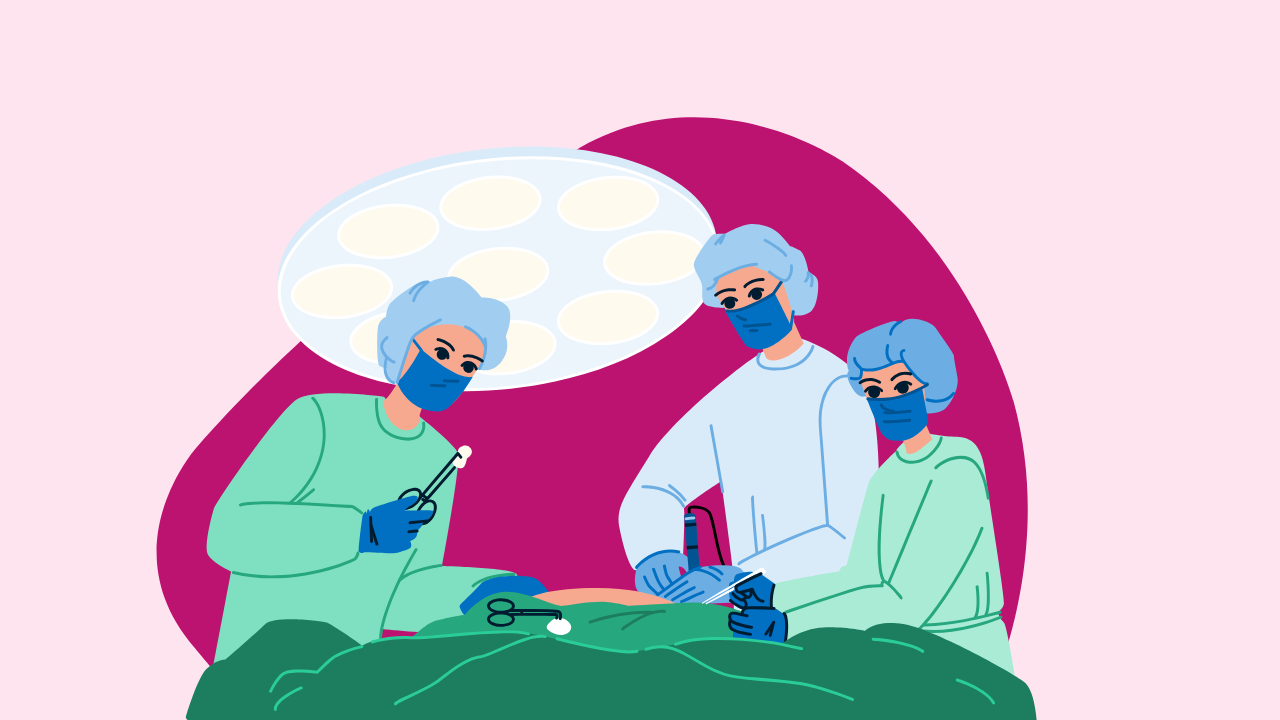Breast Screening Should Be Based on Risk, Not Just Age

For decades breast cancer screening guidelines have been shaped by age. Most women are told to start getting mammograms at 40 or 50 and to follow a standard schedule. While this approach has helped reduce mortality it often overlooks individual risk factors that can significantly influence outcomes.
Why Risk Should Shape the Conversation
Age is only one part of the equation. Personal and family history genetics breast density hormone exposure and lifestyle all contribute to a woman’s risk of developing breast cancer. Women with BRCA1 or BRCA2 mutations may be diagnosed much earlier than average. Others with dense breast tissue may have cancers that are harder to detect on a mammogram and are also at higher risk overall.
Risk-based screening uses this information to guide when and how women should be screened instead of relying on age alone.
What the National Breast Cancer Foundation Recommends
The National Breast Cancer Foundation advises women at average risk to begin annual mammograms at age 40. This guidance reflects a commitment to early detection which remains one of the most effective ways to improve survival rates.
Some women may need to begin screening earlier or consider additional imaging like ultrasound or MRI. Those with a strong family history or known genetic mutations should talk with their healthcare provider about a more personalized screening plan.
A More Individualized Approach
A more effective screening strategy includes:
-
Reviewing personal and family medical history
-
Understanding breast density and its impact on screening
-
Considering lifestyle and hormone-related risk factors
-
Using the right combination of tools based on risk
When screening is based on a woman’s personal health profile rather than her age alone care becomes more precise and more impactful.
What You Can Do Now
Ask about your breast density. Learn your family history. Talk with your provider about whether annual screening is right for you. If you are at increased risk you may benefit from earlier or more frequent imaging.




